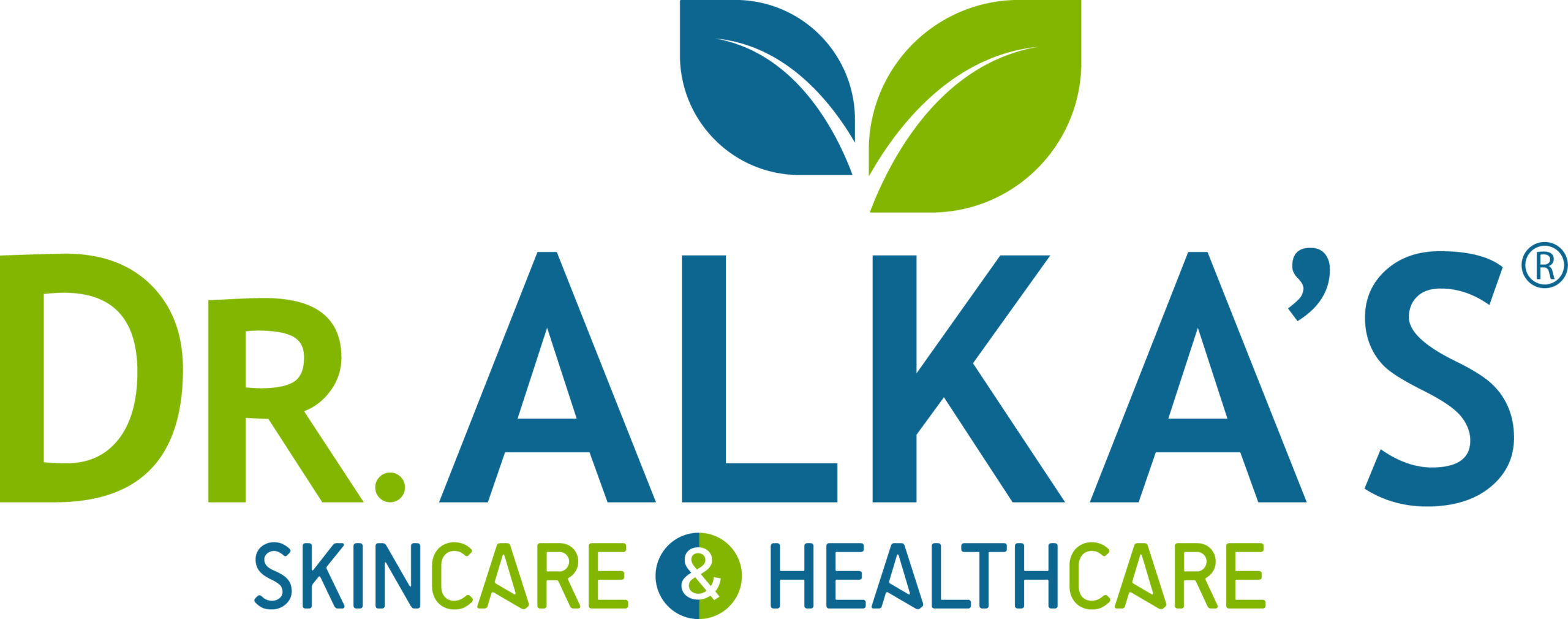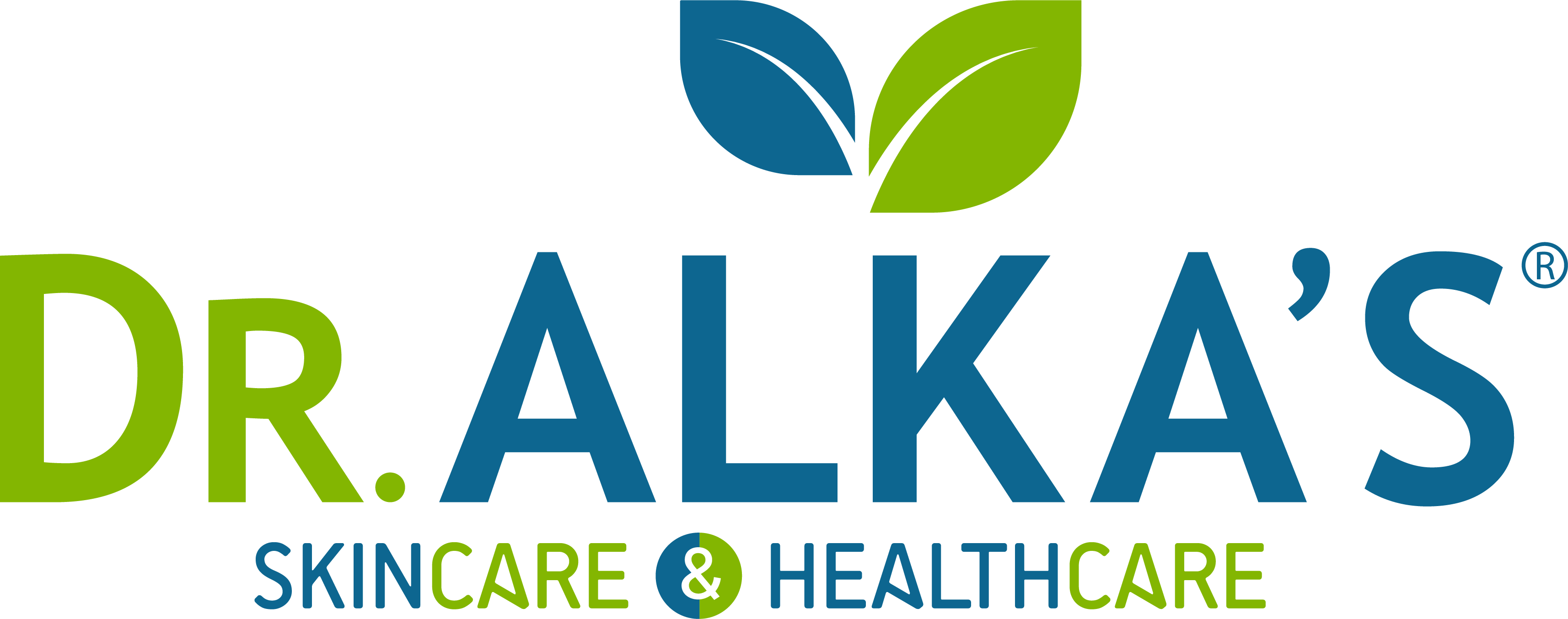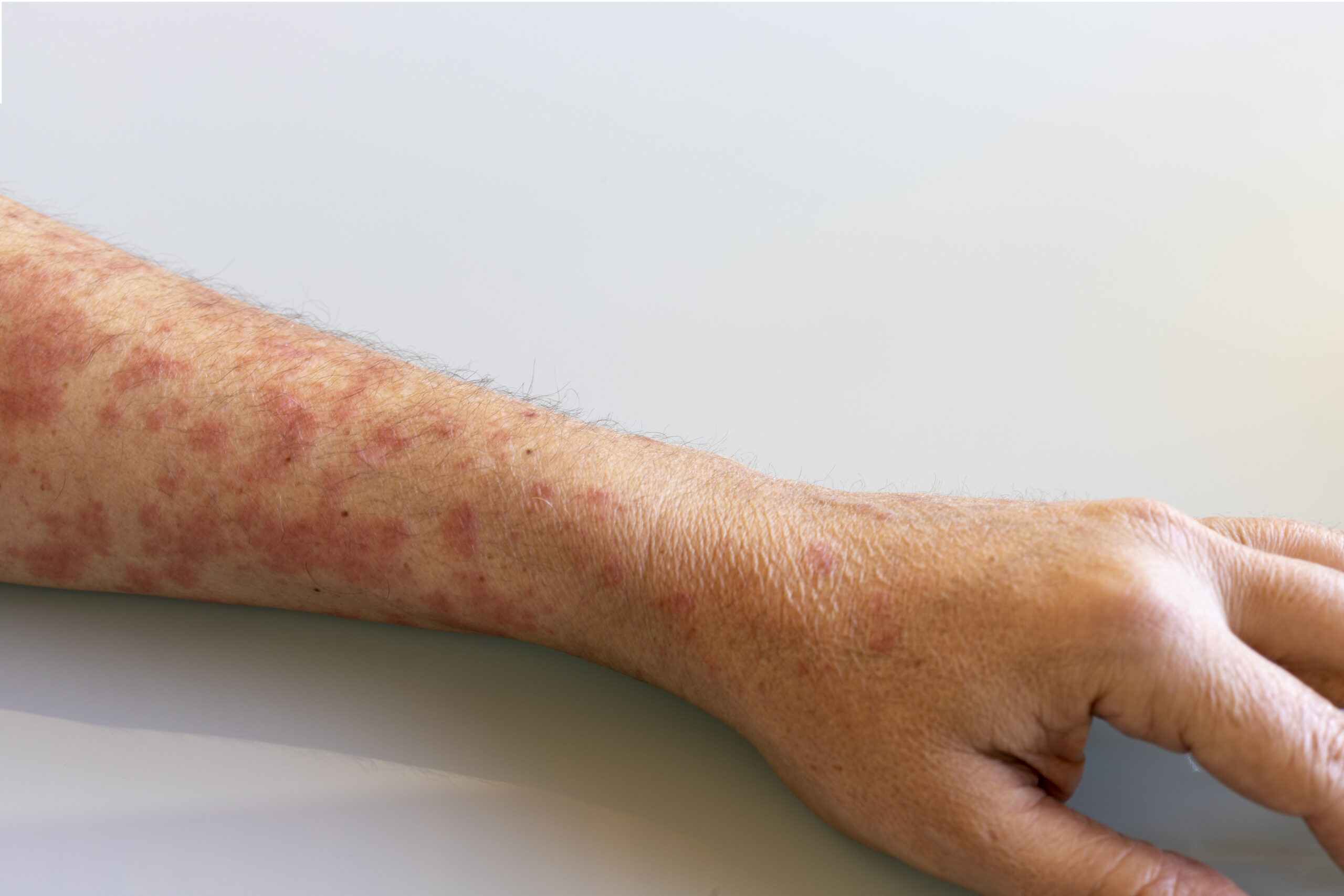Understanding Eczema (Atopic Dermatitis): Causes, Symptoms, and Treatment
Eczema, also known as atopic dermatitis, is a common skin condition that causes dry, itchy, and inflamed skin. It affects individuals of all ages, though it’s more prevalent in children. At Dr. Alka’s clinic, we provide specialized treatments for eczema, focusing on improving skin health and minimizing discomfort.
What is Eczema (Atopic Dermatitis)?
Eczema is a chronic condition that causes the skin to become red, irritated, and inflamed. The symptoms can range from mild to severe and can often lead to secondary infections due to intense itching and scratching. Eczema tends to flare up periodically, often triggered by environmental or internal factors.
Causes of Eczema
While the exact cause of eczema remains unclear, it is often linked to an overactive immune system, genetic factors, and environmental triggers. Those with eczema may have a compromised skin barrier, which leads to dryness and makes the skin more susceptible to irritants and allergens.
Common triggers for eczema include:
Allergens: Dust mites, pollen, pet dander, and mold.
Irritants: Harsh soaps, detergents, and certain fabrics.
Weather: Extreme temperatures or dry conditions.
Stress: Emotional stress can lead to flare-ups.
Hormonal Changes: Especially in women, fluctuations in hormones can exacerbate symptoms.
Symptoms of Eczema
Eczema symptoms can vary from person to person but typically include:
Dry, scaly skin: Often accompanied by itching.
Red or brownish patches: Commonly found on hands, feet, neck, and inside the elbows.
Itchy skin: The itching can be severe, particularly at night.
Thickened, cracked, or scaly skin: This occurs with chronic eczema.
Small raised bumps: These may leak fluid and crust over when scratched.
Types of Eczema
Eczema can manifest in various forms. Some of the most common include:
Atopic Dermatitis: The most common form, often associated with asthma and hay fever.
Contact Dermatitis: Caused by direct contact with an irritant or allergen.
Dyshidrotic Eczema: Characterized by small blisters on the hands and feet.
Nummular Eczema: Appears as round, coin-shaped spots of irritated skin.
Seborrheic Dermatitis: Affects the scalp and oily areas of the body, like the face and chest.
How is Eczema Treated?
While there is no cure for eczema, the symptoms can be managed effectively through various treatment options. At Dr. Alka’s clinic, we offer a comprehensive approach to eczema care:
Topical Treatments: Steroid creams, moisturizers, and anti-inflammatory ointments help reduce itching and swelling.
Oral Medications: In more severe cases, antihistamines, antibiotics, or corticosteroids may be prescribed.
Phototherapy: Light therapy using ultraviolet (UV) rays can help reduce the inflammation associated with eczema.
Lifestyle Modifications: Gentle skin care routines, avoiding triggers, and maintaining skin hydration can help control flare-ups.
Why Choose Dr. Alka’s Clinic for Eczema Treatment?
At Dr. Alka’s clinic, we provide personalized care to help manage and treat eczema effectively. Our team of experts will work closely with you to identify your triggers, develop a skincare regimen, and provide advanced treatments tailored to your skin’s needs. We understand how frustrating eczema can be, and we’re here to help you achieve clearer, healthier skin.
Take the First Step Towards Healthier Skin
If you or a loved one is dealing with eczema, don’t wait. Book an appointment at Dr. Alka’s clinic today and let us help you manage your eczema with professional care and compassion.


